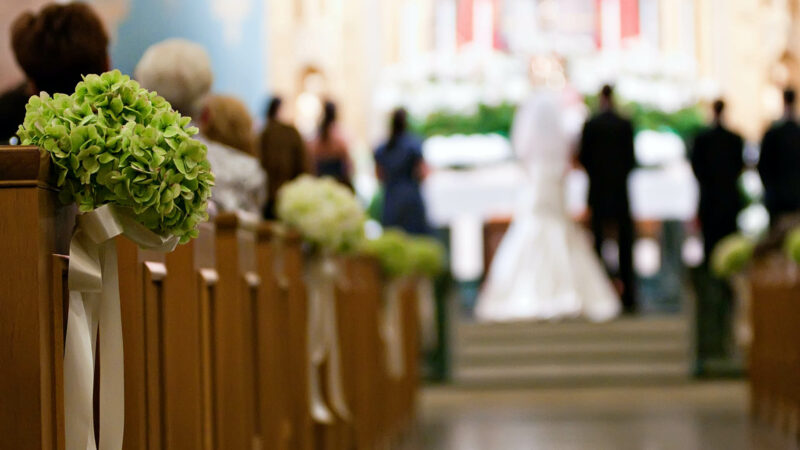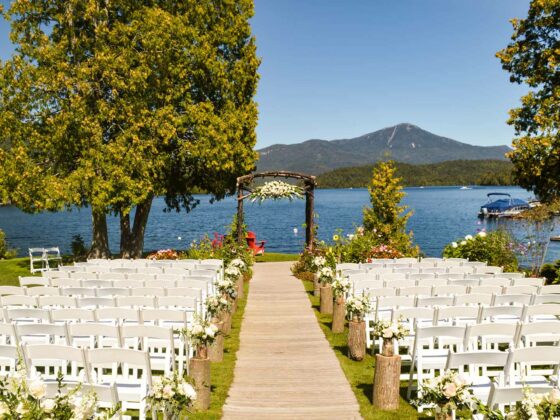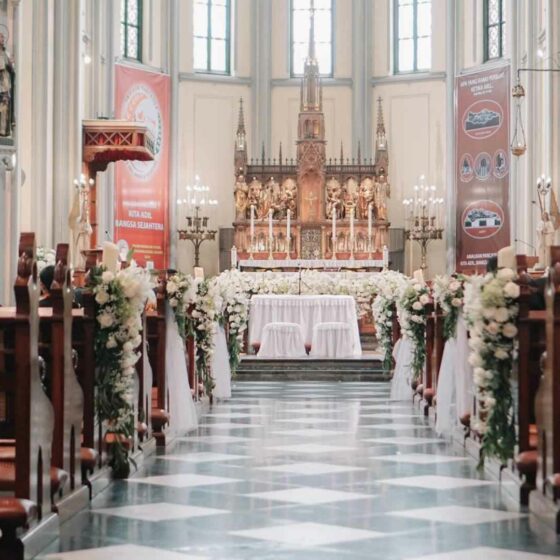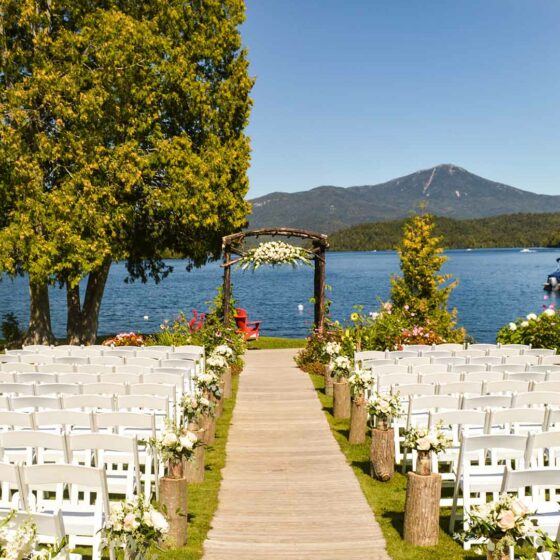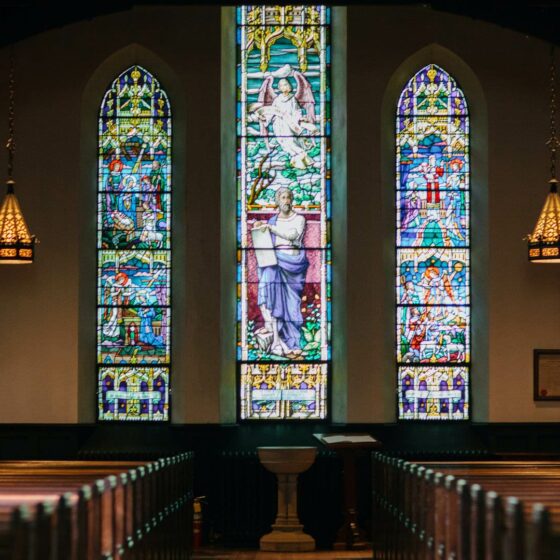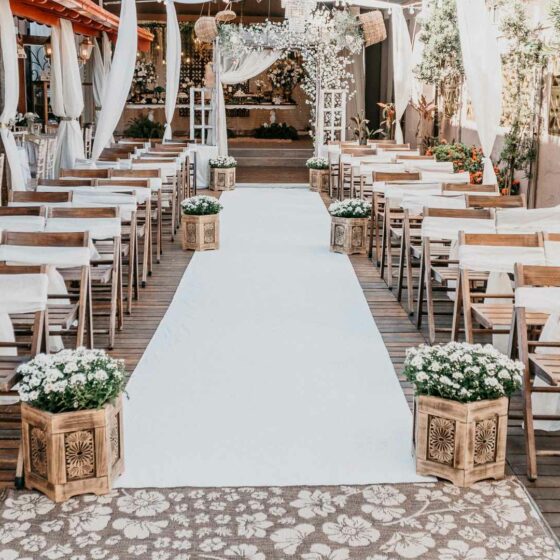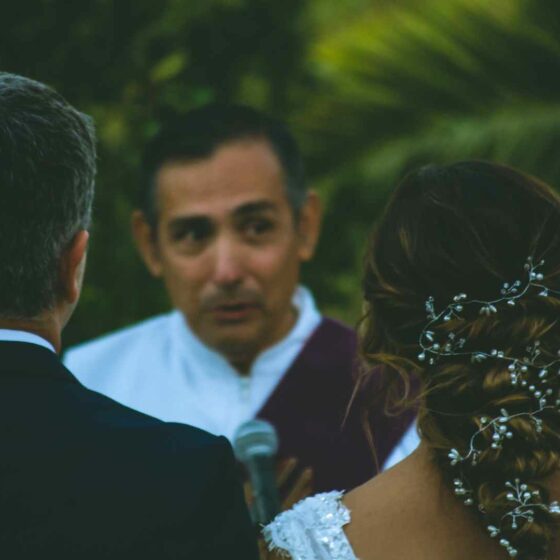The conventional Christian marriages always take place in churches where a priest guides the couples to make vows for lifetime togetherness. Typically, Christian marriages are covenants before God but nowadays, you’ll see different locations where conventional weddings are taking place. And so, you must be curious to know whether you can be married by a priest outside the church. Well, I and my wife had a romantic beach wedding where we followed every ritual according to the canon law of Catholic marriage. So, if you are wondering whether you can be married by a priest outside the church, then I will help you find the best answer to your question.
As a general rule, you can be married by a priest outside the church if your bishop or the authority of your parish church allows you to do so. Since the olden days, the church was considered the venue for weddings but things have changed recently. However, the venue has to be approved by your church.

Can I be married by a priest outside the church?
You can marry outside of the church by a priest only if your parish church approves the venue. In certain areas in the USA such as Montana and Baltimore, catholic wedding outside of the church has been approved whereas it’s unapproved in other areas.
Hence, the answer to this question may slightly vary depending upon the area you live in and the wedding law practiced by your parish church authority. Once you plan for a wedding outside of the church, you first need to send an application to your parish church and wait for the approval. Once approved, you can have your wedding outside where your priest will be present to perform the ceremony. (Recommended article: ‘Can a Divorced Catholic Get Married in the Church?‘)
However, I should add one more point that marriages outside the church are not approved if the venue seems improper. For example, hotels, museums, gardens, and beaches would be some great options as your wedding venue because your church will most probably approve those places for a wedding. In contrast, bars, clubs, and boats are strictly prohibited as wedding venues by almost all the churches. Hence, you need to be careful while choosing the venue.
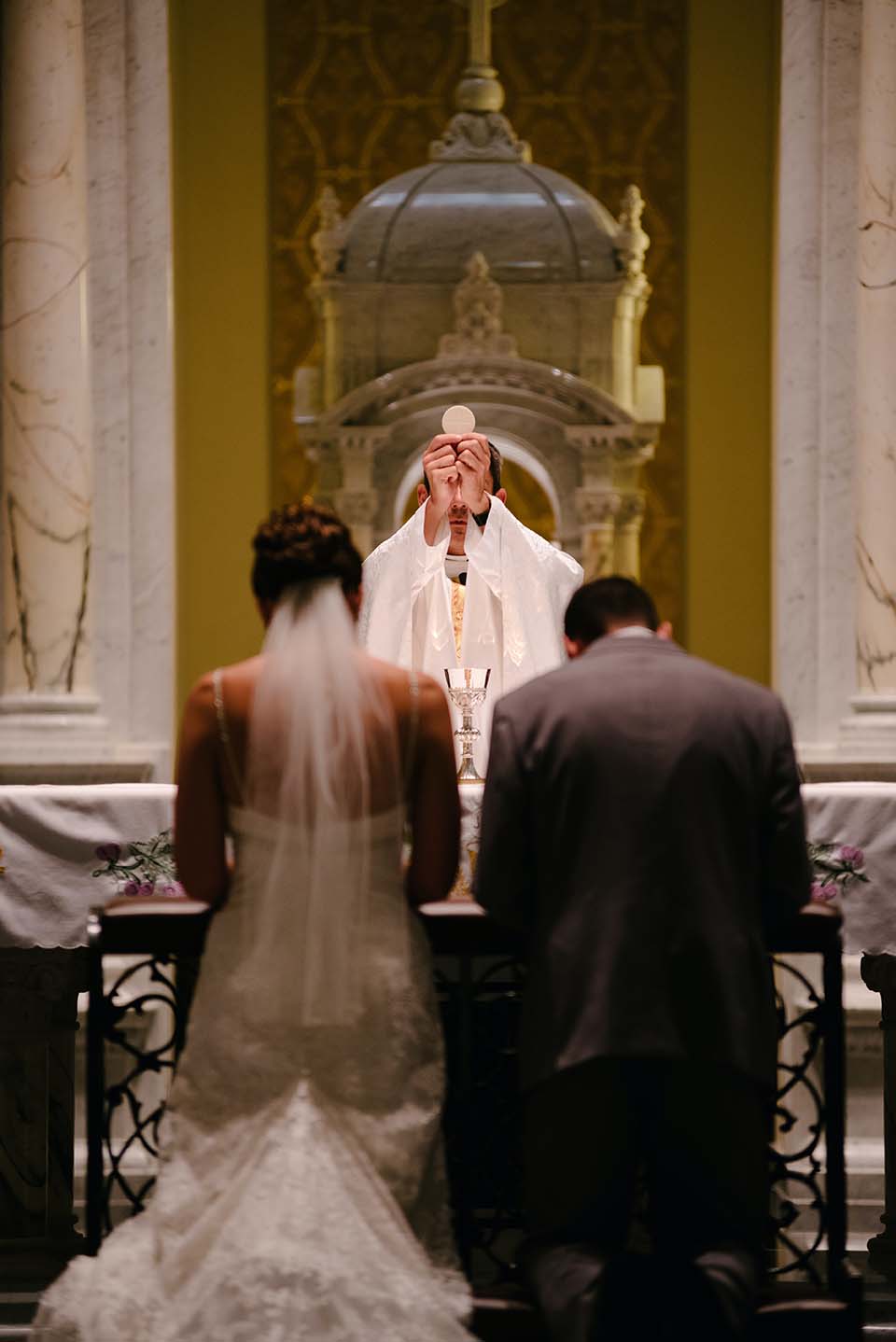
Can I plan my catholic wedding at a resort?
Well, yes, you can plan your wedding at a resort, provided it’s not a bar or a club. Catholic weddings follow strict principles where certain venues are not regarded as the proper venue for weddings. The church has been the traditional and most appropriate wedding venue for centuries and if you suddenly want to break the norms, you need to tactfully choose the venue.
If a hotel or a resort seems to match all the etiquettes that are required for a pious wedding, your church may approve it after investigating. Otherwise, you cannot have a pure catholic wedding where your priest will perform all the rites. You will end up having a secular type of wedding where there won’t be any priest and you will have to make the vows on your own. (Recommended article: ‘Can a Divorced Catholic Get Married in the Church?‘)
Is it possible to have a destination catholic wedding?
When it comes to destination weddings, there are usually two types of ceremonies: symbolic and legal. A symbolic destination wedding will include all the details from decoration to the cake but you will need to get legally married at the church and then head to your destination. Symbolic weddings are easier than legal destination weddings because they are simple and cost-effective.
On the other hand, a legal destination wedding will include all the rituals such as marital vows and others where your priest will perform the rites. It means you are actually getting married in a catholic way outside the church. You can plan for such weddings if your parish church approves and your priest agrees to travel with you. So, technically, it’s possible to plan for a destination catholic wedding.
Is it offensive to plan for a catholic wedding at a club?
Yes, it can be offensive if you plan for your catholic wedding at a club. Chances are there that you won’t get any approval from your parish church to organize such a wedding. There can be two reasons behind your church’s decision. Firstly, consumption of alcohol or any kind of alcoholic beverage at the wedding venue before the wedding ceremony is strictly prohibited by the canon law of the wedding. Secondly, the atmosphere of a club or a bar is not suitable for a pious catholic wedding according to the church. Hence, it is better to avoid such ideas if you want to be sacramentally married in a catholic way by the priest.
Related Questions:
Will my catholic priest officiate my non-catholic wedding?
It will depend upon the decision of the bishop of your or your partner’s parish church, which usually comes as a written note mentioning ‘permission to enter into a mixed marriage’. The marriage may be officiated by a catholic priest but it won’t be a sacramental marriage according to the church. If you are a catholic and your partner is a non-catholic, you have to get this permission from your parish church.
Or, if your partner is a catholic and you’re a non-catholic, your partner needs to get this permission from his or her parish church. Overall, you or your partner needs a dispensation for marrying a non-catholic depending upon who is catholic between the two of you. If both of you are non-catholic but baptized Christians, anyone of you can get permission from your parish church by providing the baptism certificate of both of you.
Can I marry my non-catholic partner and still receive communion?
Well, yes you can still receive communion if you receive the dispensation from your church. In mixed weddings where the priest performs the rites, the catholic partner gets the dispensation even if he or she is not informed about it. In case you didn’t get the dispensation after your marriage, your marriage won’t be considered valid in the first place.
Even decades after your wedding is done, you can request the dispensation by visiting your church. All you need to do is head to confession for the fornication. You will be able to carry on receiving communication from that time onwards. The process is really quick and effortless because everything will be taken care of by the priest of your parish church.
Header photo © Jamie Coupaud / Unsplash
